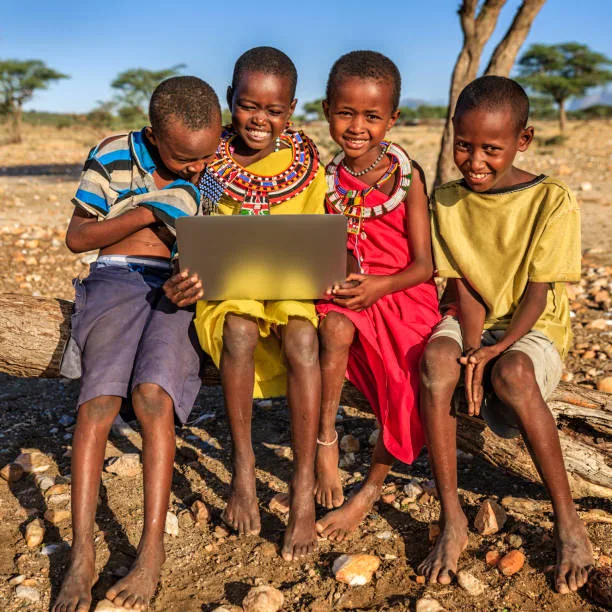How Does Investing in Women Accelerate Progress?
Women empowerment programs often tout themes like 'bridging the gap' and 'empowering inclusion.' But do these initiatives truly bridge existing gaps, or do they merely employ women without addressing underlying issues? Have there been any economic and workforce improvements in companies that employed more women?
The state of the economy and workforce
In the worldwide job market, women still make, on average, 23% less than males, and they put in around three times as many hours performing unpaid caregiving and household duties. A great number of women worldwide major in agriculture which, as we all know, is terribly affected by climate change. And for some countries in Africa, insecurity and terrorist attacks have rendered both men and women jobless and hungry.

In the event the present conditions continue, it will take “an estimated 300 years to eradicate child marriage, 286 years to eliminate discriminatory laws and close legal protection gaps, 140 years to equalize the representation of women in leadership and power positions in the workplace, and 47 years to attain equal representation in national parliaments”.
According to this report, Approximately 2.4 billion working-age women do not have equal access to economic opportunities. Globally, around 2.4 billion women lack the same economic rights as men. And 178 nations continue to impose legislative restrictions on women's ability to fully participate in the economy. Globally, around 2.4 billion women lack the same economic rights as men.

Why Do We Need to Empower More Women
Economic Empowerment A rough estimate suggests that OECD countries (and these are the big players) might increase global economic output by around 7%, or nearly $7 trillion in current dollars, by eliminating the gender gaps in management and labour force participation. When women are provided with equal access to education, employment opportunities, and financial resources, they contribute to higher productivity and increased GDP.
Education and Skills Development Education is a fundamental driver of progress. When girls and women have access to quality education and skills development programs, they are better equipped to pursue higher-paying jobs, break the cycle of poverty, and contribute to their communities' well-being. Educated women are more likely to invest in their children's education and health.

Health and Well-being Access to reproductive health services, maternal care, and family planning empowers women to make informed choices about their bodies and futures, leading to better health outcomes and lower maternal and infant mortality rates. Moreover, investing in women's health has broader societal benefits, including reduced poverty, improved child nutrition, and increased workforce participation.
What we fail to realise is how much of a toll not having more empowered women is taking on our society, what with inflation rates going up each waking day. Empowering women shouldn’t just come as an emotional cry, or the push to fulfil one of the 2030 SDGs. It should be a fight against our dwindling economy. A fight against the strain inflation rates put on single-income households. Women should be encouraged and trained to take up more paying jobs and be rightly paid their dues. Call it fighting capitalism, or women empowerment, we need to invest more in women.
Steps To Empowering The Women In our Society

Women's economic empowerment entails giving them equal access to markets, decent work, social protection, and control over their own time, money, and bodies. It also entails giving them more agency, voice, and meaningful participation in economic decision-making at all levels, from the home to international institutions. Here are a few ways we can encourage the economic empowerment in our society.
Education and Skills Training: Provide women with access to quality education and skills training programs that prepare them for higher-paying jobs and entrepreneurial opportunities.
Financial Inclusion: Ensure women have access to financial services such as bank accounts, loans, and insurance, enabling them to invest, save, and start businesses.
Equal Pay and Opportunities: Advocate for equal pay for equal work and create policies that promote gender equality in hiring, promotion, and leadership positions.
Legal and Policy Reforms: Advocate for legal and policy reforms that protect women's rights, including laws against discrimination and harassment in the workplace.
Promotion of Women's Leadership: Encourage and support women's leadership and representation in decision-making roles across sectors and industries.
Interested? Register to join this free webinar happening on the 22nd of March 2023 where industry professionals will be having more realistic conversations on how we can better reform our approach to investing in women and the girl-child.




